“It’s called a ‘winter rose’ or hellebore,” she said. I looked down at the ankle-high plant with dull green leaves and even duller green-white flowers, then at the bright red real rose glory blooming on the fence.
Then I looked back at the hellebore. “They call this a rose?” I said.
My elderly friend looked at me sternly. “When it’s the only flower in the middle of a winter drought, it’s a rose,” she said simply.
She was right. Hellebores are (almost) indestructible and by the middle of the next cold dry winter I was looking at the bunch of greenish pewter flowers on the kitchen table with affection.
Hellebore flowers last… and last… and last, both in a vase and on the plant.
Then came spring. The remaining flowers turned brown, the leaves were spotty from industrious little sap suckers. The whole plant looked tired and tatty.
That was when I learned the first trick to growing good hellebores: cut back old leaves and old flowers in spring, to encourage new growth, brighter green leaves with no hint of brown splodges.
But there was still too much of the ‘bore’ in hellebore. The flowers were nice enough in winter, but nothing to be adored. And then things changed.
It seemed that many breeders had been working to make hellebores the brightest of all winter blooms — and doing it incredibly successfully.
I first noticed the new clear white flowers, that shone from among brighter green leaves; then a deep almost magenta red; then pink, then pink and white striped, and green, a pure red, an almost black, a deep grey which sounds terrible but can look stunning in a vase…
Within a few years there were singles, doubles, stripes, spots in every shade of red and purple and pink and green and white, frilly petals and rounded petals and sharp-edged petals, each more stunning than the last.
I fell in love. My hellebores fell in love too… or at least that’s the romantic way of saying that hellebores cross pollinate easily and the resulting seedlings that have sprung up are an unpredictable mix of colours and shapes.
Normally I ruthlessly pluck out any plant that self-seeds — they can become a weed too easily. But hellebores have one overwhelming need — they must have shade in hot mid-summers. And in our climate there’s no way that hellebores are going to go feral in the hot and sunny bush around me.
Hellebores will grow anywhere in Australia except the hot and humid tropics. Ideally they have hot shaded summers and cold sunny winters — under a dense deciduous apple or persimmon tree is ideal.
The hotter the climate, the more shade they need. In humid areas they’re best grown in above-ground gardens, so the leaves don’t get mildewed and the stems don’t rot. And make sure you cut them back hard, right to the crown, at the end of every winter, too, as the old leaves can encourage diseases.
But even hellebores grown in deep shade may flower — not as much, and sometimes they lose their vivid colour (I find the old green-white ones do best in heavy shade, while the brighter ones need sun as though they are drinking in the light).
Start planting hellebores now in any dull, shady spot in the garden, so they’ll be fully established and gloriously blooming all through winter and spring.
Feed your hellebores from summer to early autumn to encourage more flowers, too — but if you forget they’ll forgive you and bloom anyway.
They love mulch, especially rotten autumn leaves — hellebores are naturally an edge-of-forest plant and love it when you try to mimic those conditions. Move seedlings or divide clumps at any coolish time of the year.
Basically there are only the three great secrets of growing stunning hellebores: choose the shape and colour you love best, prune back to keep them healthy and looking good and grow LOTS.
A rose bush can look dramatic all on its own. A single hellebore just looks lonely. Buy them by the half dozen, or even more, and suddenly you’ll find they really are ‘winter roses’, just as beautiful as their more glamorous namesakes — and a heck of a lot hardier and easier to look after.
Newsletter conversion description. Get the latest in your inbox.

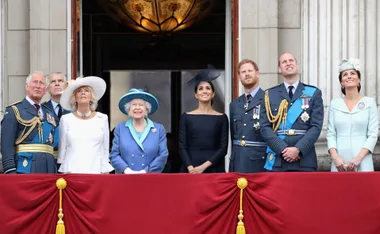





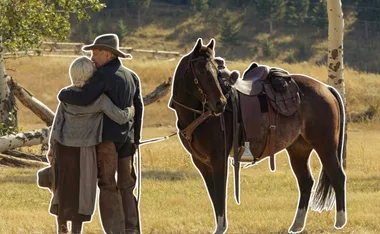

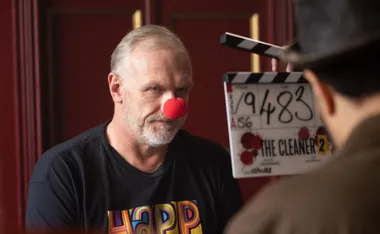



























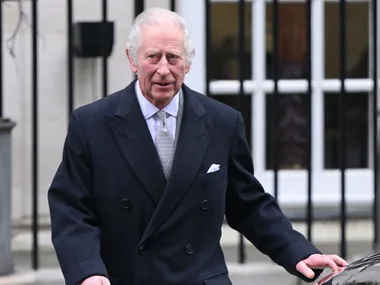



.jpg?resize=380%2C285)
.png?resize=380%2C285)


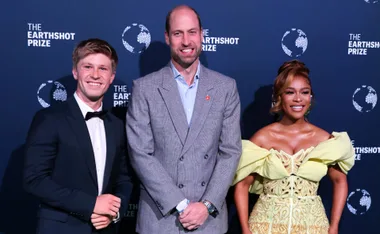




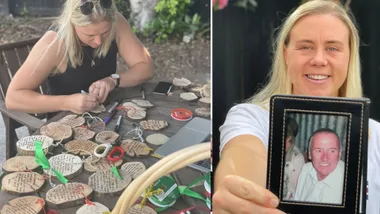



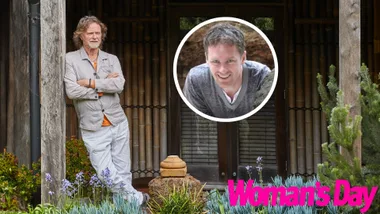

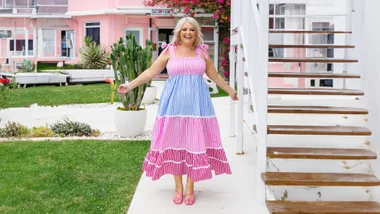




.jpg?resize=380%2C285)
.png?resize=380%2C285)
.jpg?resize=380%2C285)



.jpg?resize=380%2C285)











































